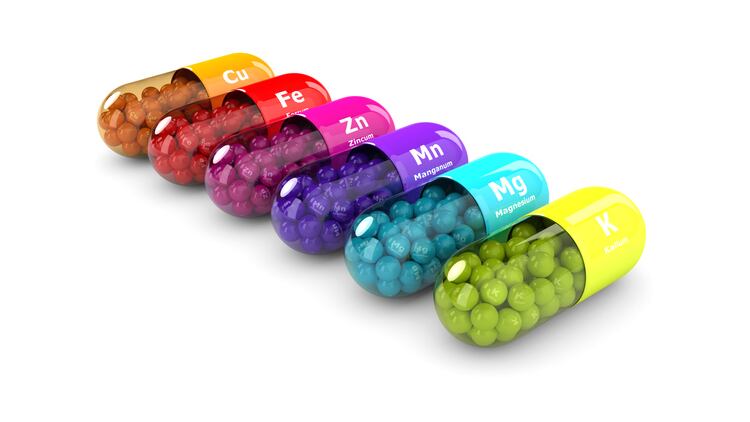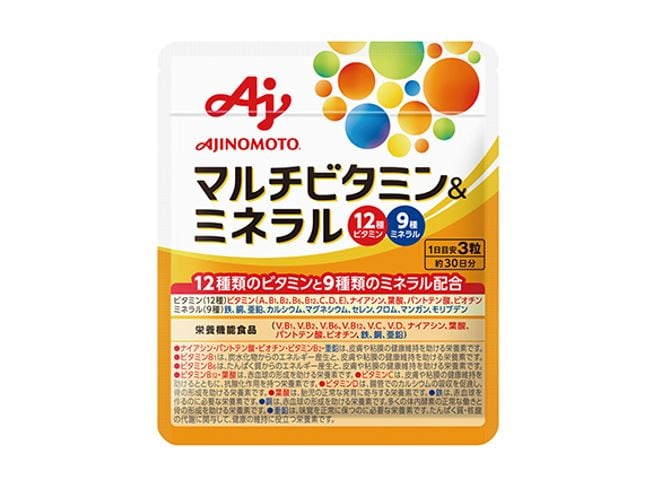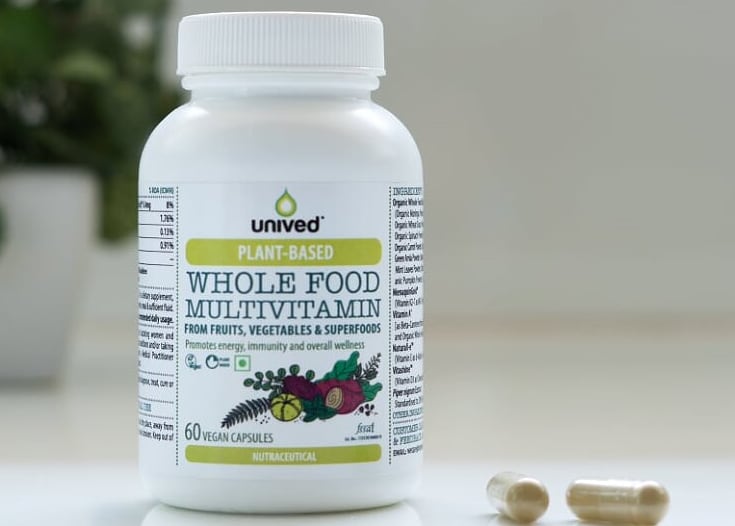The Indian regulator has directed food safety commissioners of all states to ensure health supplements firms comply with the rule.
Stringent actions may be taken against defaulters, which industry experts told us could include withdrawal of products from the market and revoking of the FSSAI license.
The rule to comply with RDA limits was spelled out in The Food Safety and Standards Act 2006, which defines foods for special dietary uses (FSDU), functional foods, nutraceuticals, or health supplements as “minerals or vitamins or proteins or metals or their compounds or amino acids in amounts not exceeding the RDA for Indians.”
However, the regulator said that products flouting the rules have time and again surfaced in the market.
“It has come to the notice of FSSAI that licenses for the food products … are being issued by the Licensing Authorities without duly scrutinising the RDA values of vitamins, minerals, and amino acids in the products…”
To arrest the problem, FSSAI had advised central and state licensing authorities to review the RDAs that firms have listed in the existing licenses.
When necessary, they will need to issue notices to the firms to modify their product in compliance with the regulation, the regulator said in a statement.
According to the permitted RDAs values set by the Indian Council of Medical Research (ICMR), the RDA for popular vitamins such as vitamin C is 40mg and that of vitamin D at 400 IU.
Information on the permitted RDAs values have been made available on FSSAI’s website last February.
Non-compliant products have existed in the market partly because of difficulties in enforcing the rule, said Indian market expert Amit Srivastava, adding that the possibly penalty could include fines and license revoke.
“The rule has been there all along. The challenge that FSSAI is facing is enforcement. Because it is understaffed, it has to depend on the food inspectors or food commissioners to implement this.”
Expert Nutraceutical Advocacy Council (ENAC) founder Sandeep Gupta added that the implication for non-compliance could include product withdrawal.
Exceptions to the rule
There are, however, some instances when a product can exceed the RDA limit.
This applies to Foods for Special Dietary Uses (FSDU) and Foods for Special Medical Purpose (FSMPs).
The regulator pointed out that these products could exceed the RDAs levels as per schedule-III of the Nutraceuticals Regulations.
Gupta added that with the latest notification from the FSSAI, manufacturers making FSDUs and FSMPs would need to submit scientific evidence to justify the RDA levels in their products.
He said that the industry had asked to be given time until end August to submit the relevant information.
On the other hand, he said the ICMR had also submitted a proposal on adopting Tolerable Upper Limit (TUL) on these products to the FSSAI.
Under TUL, the vitamin, mineral content in a product will be higher than the permitted RDA values but within tolerable limits.
“The TULs establishes safety limits and provides a scientific support justifying the level of vitamins, minerals present in the product,” he said.
A need to raise RDA?
India is one of the countries with the lowest RDA for vitamins.
Its RDA for vitamin C is 40mg, much lower than its other APAC neighbours China, Japan, and Singapore, where the RDA is 100mg. Other countries with relatively low RDA are Australia and New Zealand at 45mg for vitamin C.
In most countries, exceeding the RDA does not constitute an issue.
Against the backdrop, researchers have urged health authorities to raise the RDA guidelines so that the public can take in more micronutrients to boost their immune system in light of COVID-19.
However, Srivastava cautioned against the wholesale replication of RDAs values of other countries in India.
“To say that the RDA set by ICMR is low, that’s a wrong statement. In the past, the protocol was set by the Western community. But let’s understand that the Western community has got a larger basal index of the body.
“Hence, they may require larger quantities of ingredients,” he said.
He added that overloading the body with high quantities of vitamins did not translate to full absorption.
In the case of vitamin C, he pointed out that no more than 100mg would enter the blood stream at any one time.
Gupta, on the other hand, said that the industry has been discussing with the FSSAI on raising RDA limits for the regular health supplements since 2016.
“The whole purpose of bringing TULs was to improve the status of ICMR's RDA because it was clashing with standards set by the drug authorities.
“We have given recommendations, which is to change the value of the therapeutic and prophylactic values in the drug act and allow FSSAI to use a better RDA on the basis of TUL.”
But he said that due to the lockdown and change in FSSAI’s administrative set-up with a new CEO, Arun Singhal, helming the organisation, there was no active dialogue on the issue happening at present.





